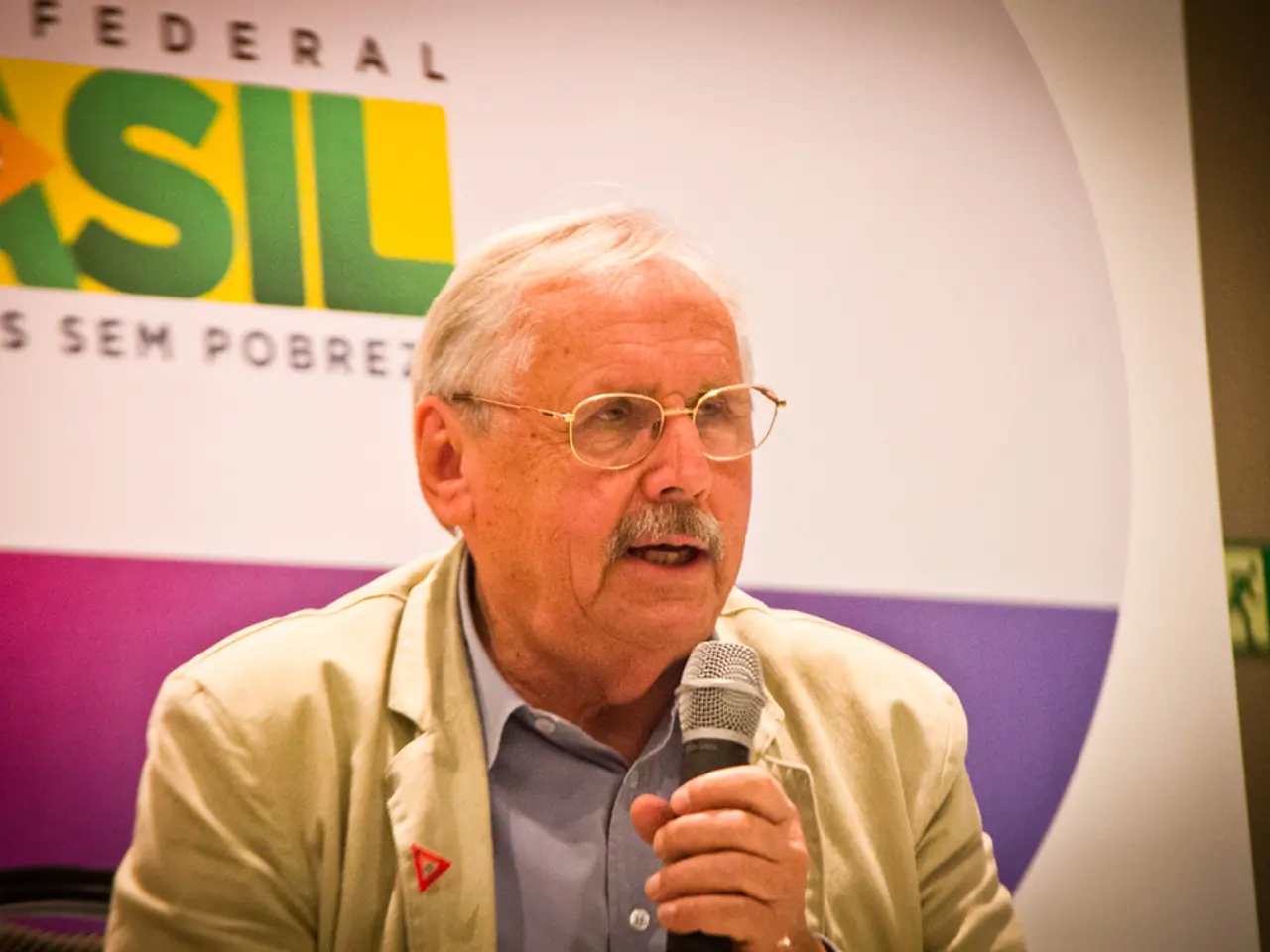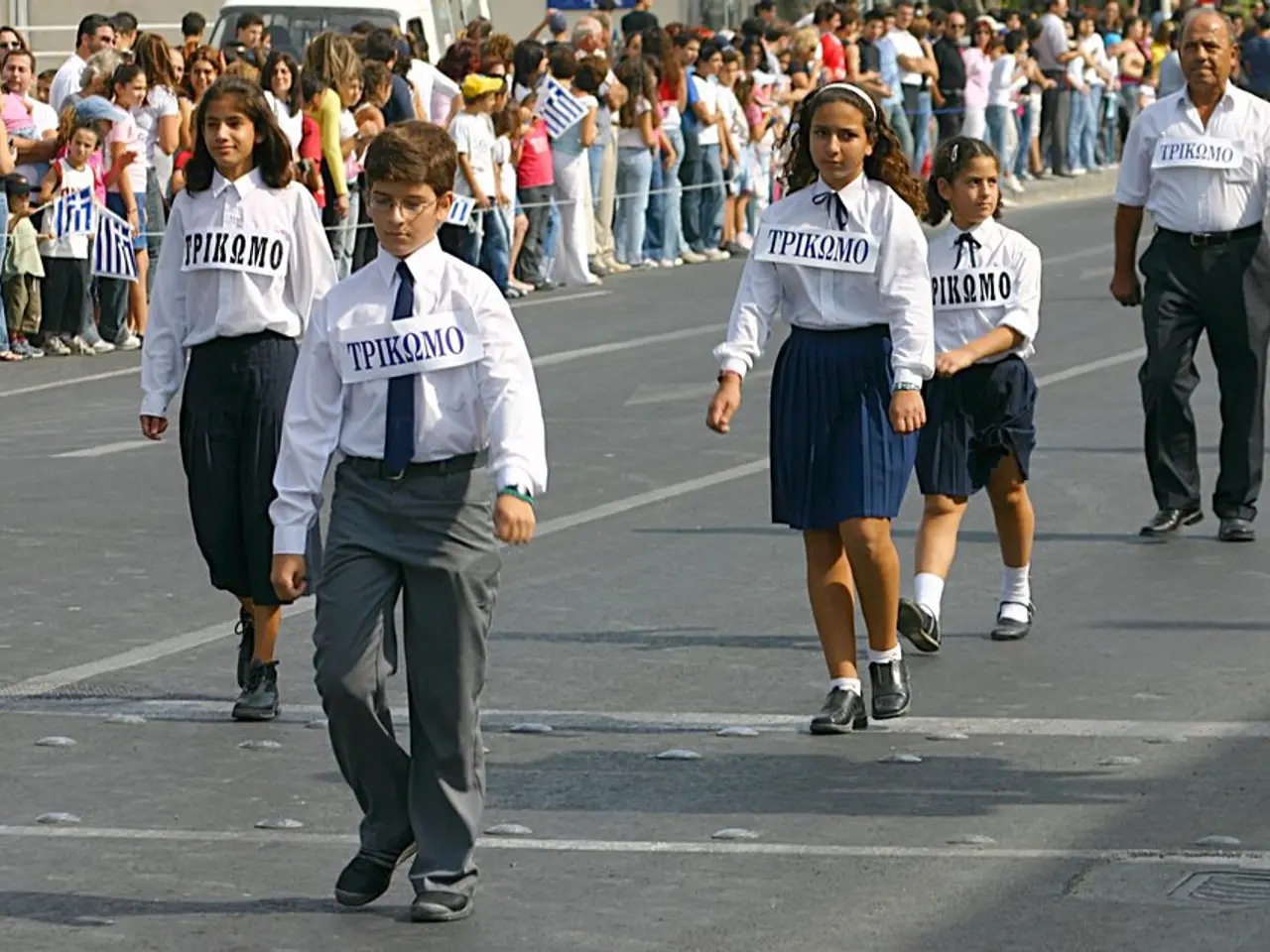Hamas pursues concessions for a ceasefire agreement, as casualties escalate in Gaza conflict
In a significant development, the U.S. is actively involved in brokering a ceasefire proposal aimed at ending the ongoing conflict between Israel and Hamas, which has been ongoing for nearly 21 months. The proposed agreement, centred around a 60-day truce, seeks to halt hostilities and create conditions for potential long-term peace in Gaza.
Key details of the proposed ceasefire include Israel's agreement to a temporary cessation of attacks, during which negotiations could advance towards a more permanent peace agreement. However, the Israeli government, led by Prime Minister Netanyahu, has not guaranteed a permanent end to the war but supports the temporary ceasefire to alleviate the immediate humanitarian crisis and allow for hostage negotiations.
Hamas has given a "positive" response to the ceasefire proposal and expressed readiness to immediately begin negotiations on the implementation details. The militant group seeks guarantees for the unrestricted flow of humanitarian aid into Gaza, preferably through the United Nations and other agencies, and insists that aid delivery be significantly increased during the truce.
A critical component of the proposal involves the release of Israeli hostages held by Hamas. Approximately 10 living hostages and 18 more bodies are to be released in stages throughout the 60-day ceasefire. Hamas also demands the release of Palestinian prisoners, with negotiations expected to determine the number of prisoners exchanged per hostage.
Talks are expected to be indirect, mediated primarily through Qatar and Egypt, with an Israeli delegation scheduled to travel to Doha. These negotiations may be brief but are aimed at finalising the ceasefire's implementation mechanisms and prisoner exchange agreements.
The ceasefire is viewed as a temporary halt to violence rather than a final resolution. Hamas intends to negotiate a permanent ceasefire and full Israeli withdrawal from Gaza during the 60-day period, with hopes of extending the truce beyond that if necessary. The U.S., through Trump’s administration, has signalled willingness to help all parties reach a long-term peace, but it remains uncertain if a permanent agreement will be reached.
Israeli Prime Minister Netanyahu is due to meet with U.S. President Donald Trump next week, providing an opportunity to discuss the ceasefire proposal further. The U.S. President has stated that Israel has accepted the conditions needed to finalise a 60-day ceasefire with Hamas.
However, challenges remain, especially regarding Israel’s reluctance to commit to a full war end and the specifics of final agreements between the parties. Hamas, severely weakened, is willing to release all the hostages still in Gaza if Israel ends the war. Preparations are in place for Israel to approve a ceasefire deal, and an Israeli delegation may join indirect talks to cement the deal if Hamas responds positively.
This ceasefire proposal comes amidst ongoing violence, with reports of civilian casualties in Gaza. On Thursday, at least 59 people were killed in Israeli strikes in Gaza, according to health authorities in the territory, and at least 20 people were killed by Israeli fire en route to an aid distribution site in Gaza. One witness reported a tent collapsing and a fire burning at the site of a school strike in Gaza City.
As the negotiations progress, all parties involved are urged to prioritise the safety and wellbeing of civilians, ensuring that the proposed ceasefire brings much-needed relief to the people of Gaza.
- Amidst the ongoing negotiations for a ceasefire between Israel and Hamas, political discussions also revolve around general news regarding health, with both parties emphasizing the urgent need for the unrestricted flow of humanitarian aid to Gaza to address the increasing number of civilian casualties.
- The ongoing war-and-conflicts between Israel and Hamas have extended for nearly 21 months, and in the aftermath of reports of significant civilian casualties, crime-and-justice issues, such as the release of Israeli hostages held by Hamas and the exchange of Palestinian prisoners, have become crucial aspects of the proposed ceasefire agreement.








